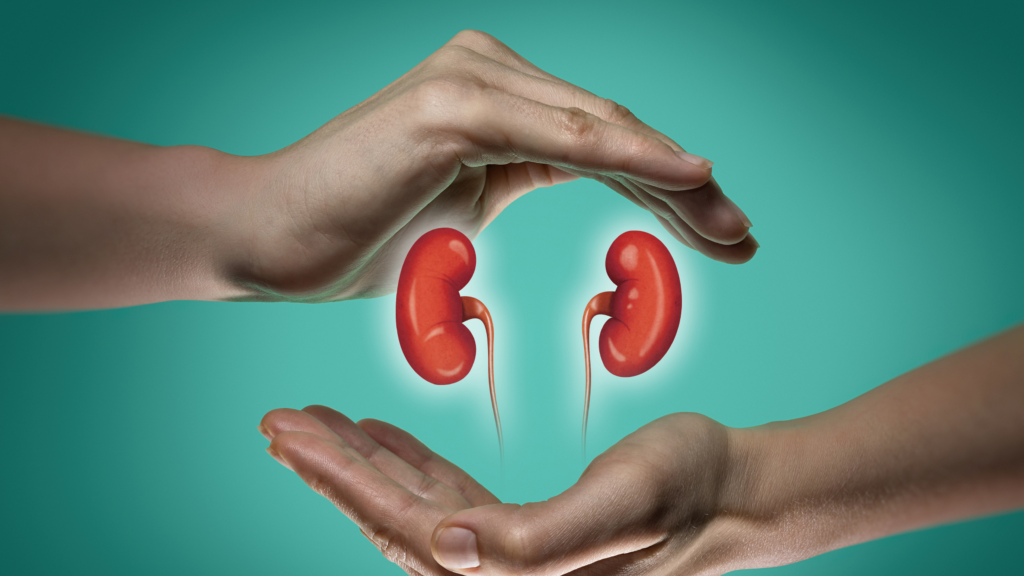Introduction
Kidney transplant surgery has become a beacon of hope for individuals battling end-stage renal disease (ESRD). It replaces a failing kidney with a healthy one, giving patients a chance to reclaim their lives. India, with its world-class medical infrastructure and cost-effective healthcare solutions, has emerged as a preferred destination for kidney transplants globally.
Understanding Kidney Transplants
What is a Kidney Transplant?
A kidney transplant involves surgically placing a healthy kidney from a donor into a patient whose kidneys no longer function properly. It is a life-saving procedure and a better alternative to dialysis for those with chronic kidney disease (CKD).
Types of Kidney Transplants
- Living Donor Transplants: A kidney is donated by a living person, often a relative or friend.
- Deceased Donor Transplants: A kidney is sourced from a deceased donor registered for organ donation.
When is a Kidney Transplant Recommended?
Doctors recommend kidney transplants for patients with:
- End-stage renal disease (ESRD)
- Severe chronic kidney disease unmanageable by medication or dialysis
- Genetic conditions like polycystic kidney disease
The Need for Kidney Transplants
Rising Cases of Kidney Failure
The global prevalence of kidney diseases has skyrocketed due to lifestyle factors, diabetes, and hypertension.
Benefits Over Dialysis
While dialysis keeps patients alive, it restricts their quality of life. Kidney transplantation offers a more permanent solution, improving longevity and overall well-being.
Kidney Transplant in India
Why Choose India?
India’s medical facilities rival the best in the world. Renowned for its skilled surgeons, advanced equipment, and affordable costs, India is a top choice for patients worldwide.
Affordability
The cost of a kidney transplant in India is often a fraction of what it costs in Western countries, making it accessible to a broader audience.
Eligibility for Kidney Transplant
Medical Evaluation
Before surgery, both donor and recipient undergo a rigorous evaluation, including blood tests, imaging studies, and tissue typing.
Legal and Ethical Considerations
India adheres strictly to legal protocols to ensure ethical practices, preventing organ trafficking and exploitation.
Pre-Transplant Preparation
Diagnostic Tests
Patients undergo thorough testing to assess their fitness for surgery.
Counseling and Support
Psychological preparation is crucial for both the patient and the donor, ensuring a smooth journey ahead.
The Kidney Transplant Procedure
The surgery usually lasts 3-4 hours. During the procedure, the donated kidney is implanted in the lower abdomen and connected to the patient’s blood vessels and bladder.
Post-Transplant Care
Immediate Recovery
Patients are closely monitored for signs of organ rejection and complications.
Long-Term Care
Lifelong immunosuppressive medications are required to prevent organ rejection.
Success Rate of Kidney Transplants in India
India boasts a high success rate, with over 90% of transplants functioning well after one year. Factors like skilled surgeons and state-of-the-art technology contribute to this achievement.
Cost of Kidney Transplant Surgery in India
The average cost ranges between $10,000 to $15,000, including surgery, hospitalization, and postoperative care. This is significantly lower than in Western countries.
Conclusion
Kidney transplant surgery is a life-transforming procedure, and India stands out as a global leader in this field. With its world-class medical expertise, cutting-edge technology, and compassionate care, India continues to bring hope to countless lives.
FAQs
1. How long does a kidney transplant surgery take?
Typically, the surgery lasts 3-4 hours.
2. What is the recovery time after a kidney transplant?
Patients usually recover in 4-6 weeks but require lifelong follow-ups.
3. Are kidney transplants in India affordable for international patients?
Yes, India offers cost-effective solutions without compromising quality.
4. Can I use a non-relative as a kidney donor in India?
Yes, but stringent legal procedures ensure ethical practices.
5. What is the success rate of kidney transplants in India?
The success rate exceeds 90% for the first year post-surgery.

